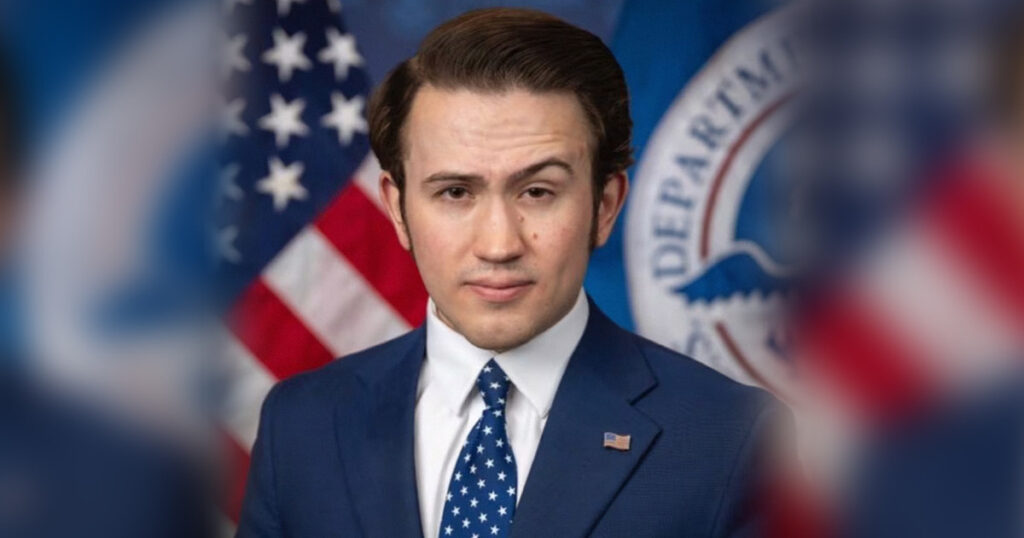Recent concerns have been raised over the appointment of Thomas Fugate, a 22-year-old Department of Homeland Security official with limited national security experience, to lead critical terrorism prevention efforts. Fugate, a former Trump campaign worker, was tasked with overseeing the Center for Prevention Programs and Partnerships (CP3), responsible for combating hate-fueled attacks and targeted violence. This controversial appointment has sparked alarm among counterterrorism researchers and nonprofit groups associated with CP3, who question Fugate’s qualifications and suitability for such a crucial role.
The reorganization within CP3, marked by staff cuts and a shift in focus towards immigration rather than domestic extremism, has raised further concerns about the administration’s approach to national security. With the office’s mission evolving and resources redirected, critics fear a potential decline in the effectiveness of terrorism prevention initiatives at a time when the country faces a surge in extremist violence incidents.
Despite Fugate’s rapid ascent within the Trump administration, doubts persist regarding his ability to lead a vital national security office effectively. The situation has prompted discussions on the erosion of democratic institutions and the implications of appointing inexperienced individuals to key positions in critical security domains. As the nation grapples with a wave of extremist attacks, the future of CP3 and its prevention efforts remains uncertain, with conflicting signals emerging from Homeland Security regarding the continuation of vital grant programs aimed at strengthening community capabilities against terrorism and violence.

